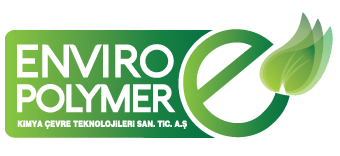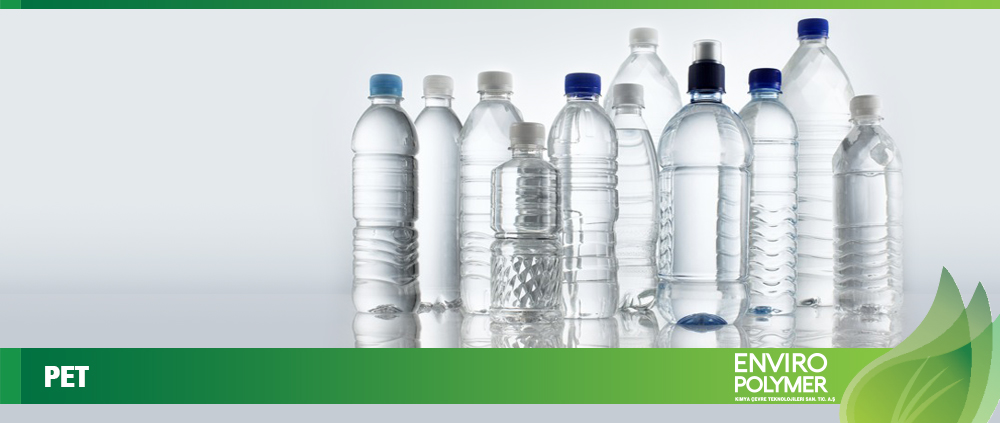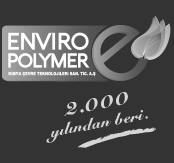PET
Poly(ethylene terephthalate), or PET, is a thermoplastic resin. Such resins may be classified as low-viscosity or high-viscosity resins. Low-viscosity PET typically has an intrinsic viscosity of less than 0.75, while high-viscosity PET typically has an intrinsic of 9.0 or higher. Low-viscosity resins, which are sometimes referred to as “staple” PET(when used in textile applications), are used in a wide variety of products, such as apparel fiber, bottles and photographic film.
High-viscosity resins, sometimes referred as “industrial” or “ heavy denier” PET, are used in tire cord, seat belts, and the like.
PET is used extensively in the manufacture of synthetic fiber, which compose the largest segment of the synthetic fiber industry.
Since it is a pure and regulated material meeting FDA food contact requirements, PET is also widely used in food packaging, such as beverage bottles and frozen food trays that can be heated in microwave or conventional oven.
PET bottles are used for variety of foods and beverages, including salad dressing, mouthwash, syrups, peanut butter, and pickled food. Containers made of PET are being used for toiletries, cosmetics, and household and pharmaceutical products.
Other application of PET include molding resins, X-ray and other photographic films, magnetic tape, electrical insulation, printing sheets and food packaging film.




